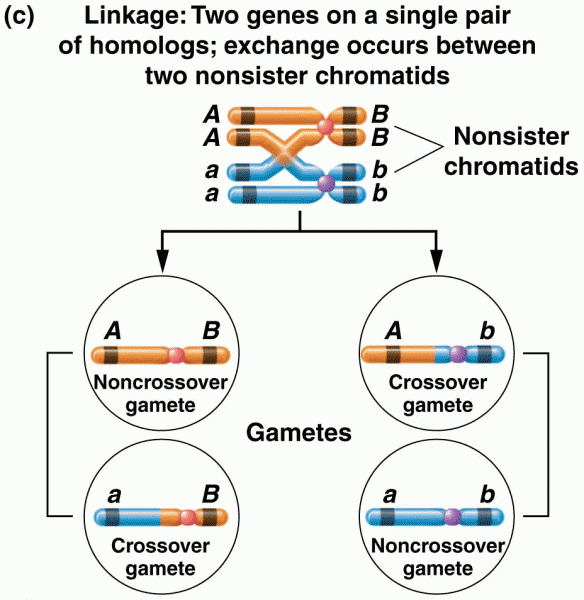|
|
|
About 600,000 particles of skin are shed every hour by each human. If you live to age 70 years, you have shed 105 pounds of dead skin.
Asthma occurs in one in 11 children and in one in 12 adults. African Americans and Latinos have a higher risk for developing asthma than other groups.
Signs and symptoms that may signify an eye tumor include general blurred vision, bulging eye(s), double vision, a sensation of a foreign body in the eye(s), iris defects, limited ability to move the eyelid(s), limited ability to move the eye(s), pain or discomfort in or around the eyes or eyelids, red or pink eyes, white or cloud spots on the eye(s), colored spots on the eyelid(s), swelling around the eyes, swollen eyelid(s), and general vision loss.
Liver spots have nothing whatsoever to do with the liver. They are a type of freckles commonly seen in older adults who have been out in the sun without sufficient sunscreen.
Approximately 25% of all reported medication errors result from some kind of name confusion.
 Filter in the vena cava prevents an embolus from traveling to the heart, lungs, or brain; A, Greenfi
Filter in the vena cava prevents an embolus from traveling to the heart, lungs, or brain; A, Greenfi
 Skin testing. Note the spot labeled H, which is the positive histamine control, and the spot labeled ...
Skin testing. Note the spot labeled H, which is the positive histamine control, and the spot labeled ...





